12 Year-old Recycling Entrepreneur and Philanthropist
At the ripe old age of 12, Sam Klein is a dedicated CEO of his own recycling business. He collects empty printer ink cartridges from local businesses, keeping them from the landfills, while earning hundreds of dollars by sending them back to manufacturers. Even more impressive, Sam has given more than $1,000 to charity.

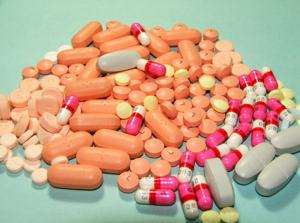
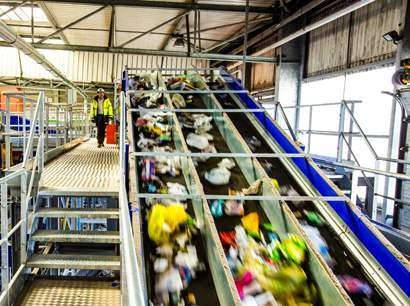
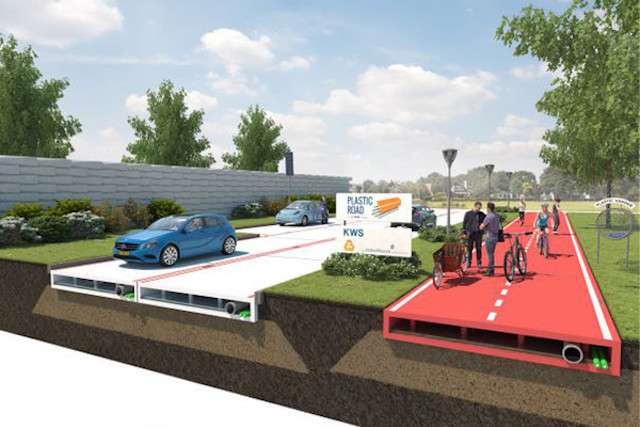
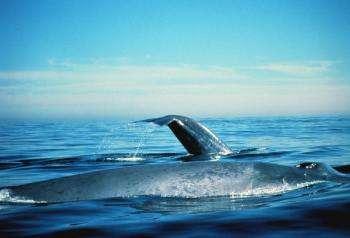
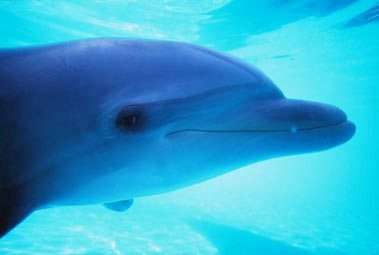
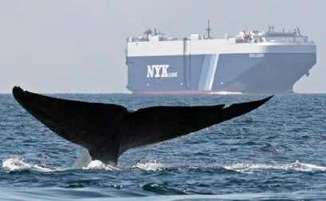
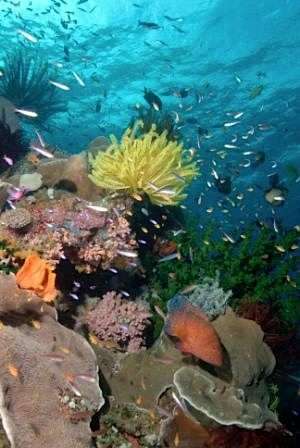
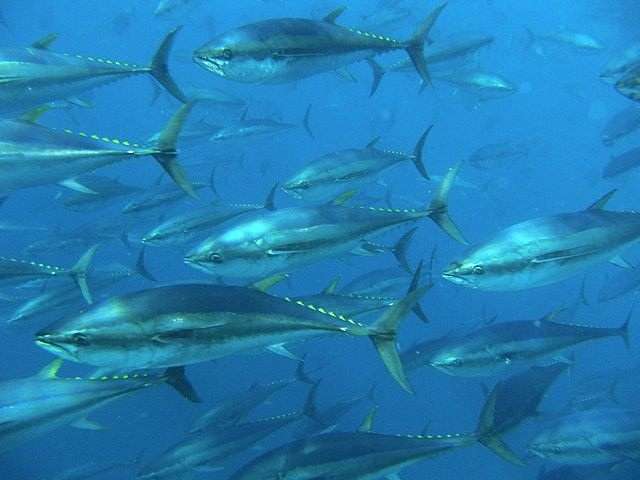
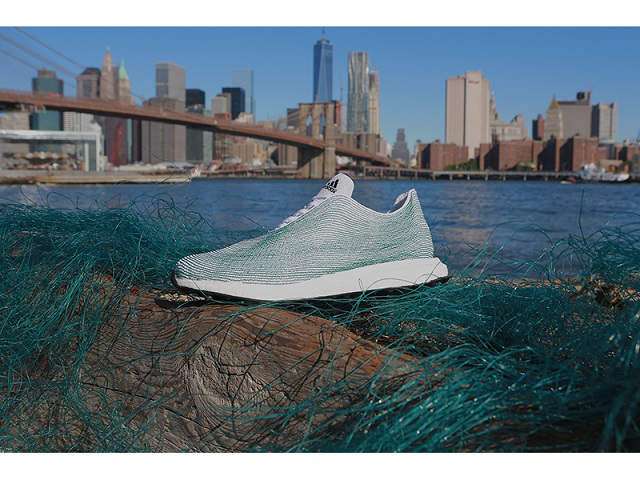
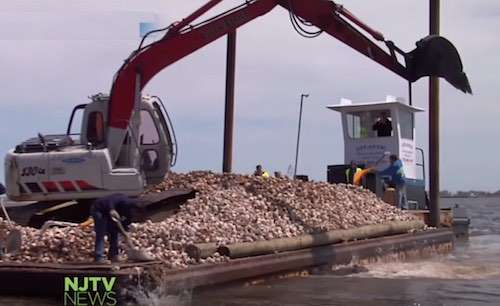
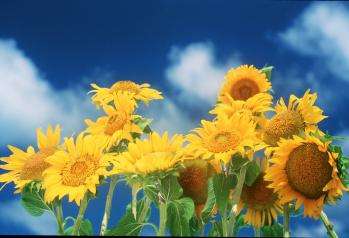
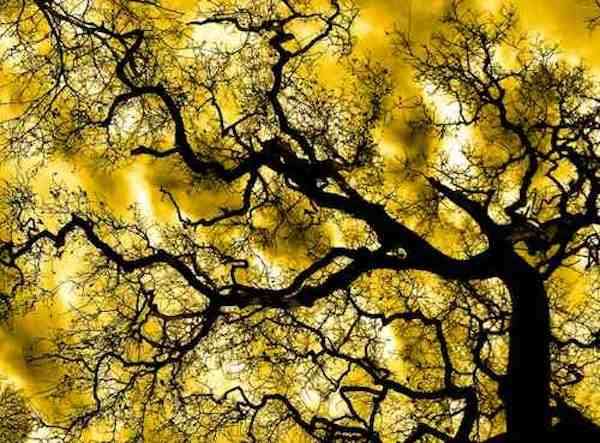
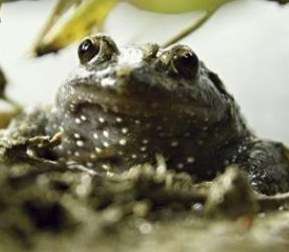
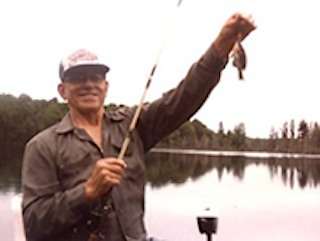
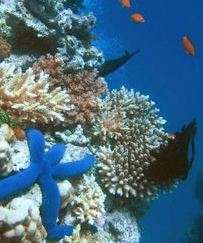
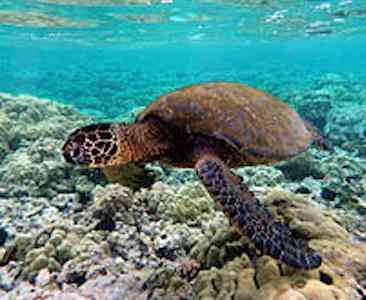
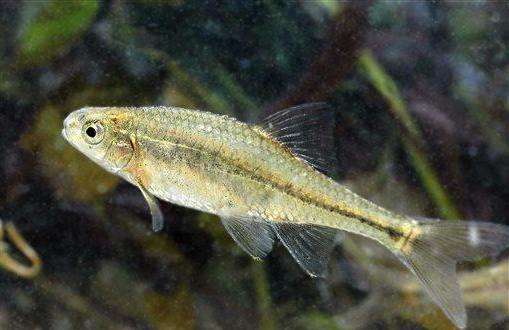
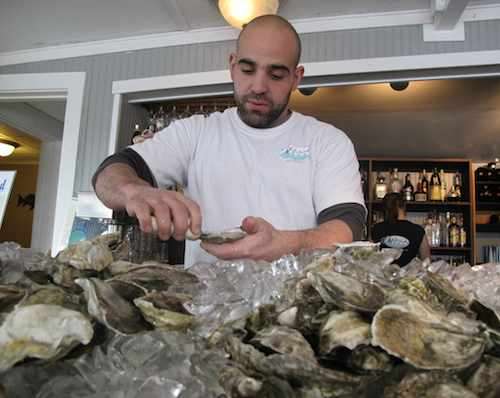
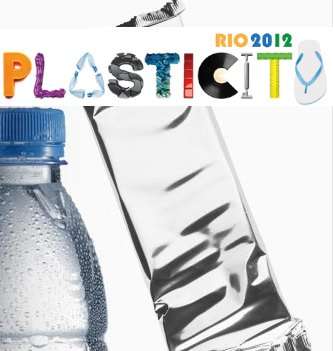
Recent Stories
A Heartfelt Reminder to Appreciate the Ones We Love
Cherish the Woman Who Stands by You
Breaking Generational Cycles of Pain
Living by Your Own Values, Not Others' Approval
When Life Brings Rain, It’s Okay to Rest
Before You Judge Someone's Life, Take a Moment to Walk in Their Shoes.
A Friend Who Spreads Gossip is Not a True Friend at All
The Value of Human Connection Over Digital Convenience
The Quiet Kind of Love
One Day, Your Mom Won’t Call You Anymore
I’ve reached a point in my life...
Happiness is a mindset, a conscious choice we make every day